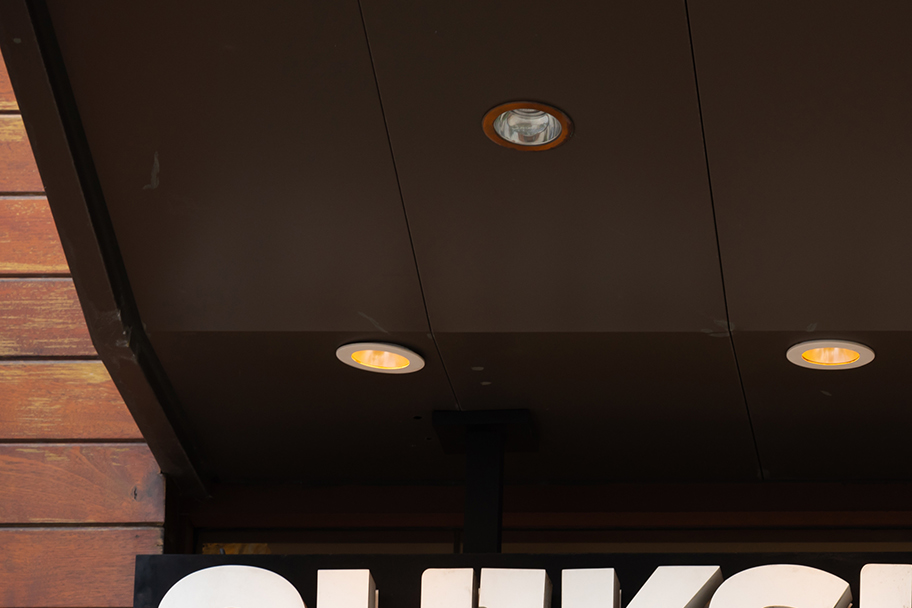FILE: Quiksilver store in Waikiki, March 5, 2020.
SOPA Images/LightRocket/Getty Images
Billabong, Volcom and Quiksilver — once staples of surf and skate culture — are closing all of their U.S. retail stores, including locations in the Bay Area. The closures follow Liberated Brands’ Chapter 11 bankruptcy filing this week.
More than 100 stores nationwide are set to shut down in the coming weeks. The company cited competition, inflation and supply-chain delays as factors that contributed to its downfall. In a statement, Liberated said it “worked tirelessly over the last year to propel these iconic brands forward, but a volatile global economy, consumer spending changes amid a rising cost of living, and inflationary pressures have all taken a heavy toll.”
Article continues below this ad
The Bay Area, known for its vibrant surf and skate culture, is set to see the closure of several key retail locations, including stores in San Francisco, San Jose, Livermore, Gilroy, and Milpitas. While no exact dates have been announced, the stores are expected to shut down within weeks as liquidation sales begin.
One of the biggest challenges traditional retailers face is the rise of fast fashion — a business model in which companies rapidly produce trendy, inexpensive clothing to keep up with shifting consumer demands. Brands like Shein, Temu and Zara can quickly manufacture and distribute new styles at lower prices, making it difficult for legacy brands with higher production costs and longer design cycles to compete.
Liberated CEO Todd Hymel pointed to fast fashion as a key reason for the company’s struggles, saying these retailers allow shoppers to “cheaply, quickly, and easily order low-quality clothing garments” while adapting faster to trends than brick-and-mortar stores.
Despite the closures, the brands are expected to remain available. Parent company Authentic Brands Group plans to transition Billabong, Volcom and Quiksilver to a new operator, with future sales focused on specialty retailers, department stores and online platforms. Authentic said the stores were “overinflated” and “burdened with outdated and underperforming locations,” and that the shift would create a “more agile and resilient future.”
Article continues below this ad
Feb 6, 2025


